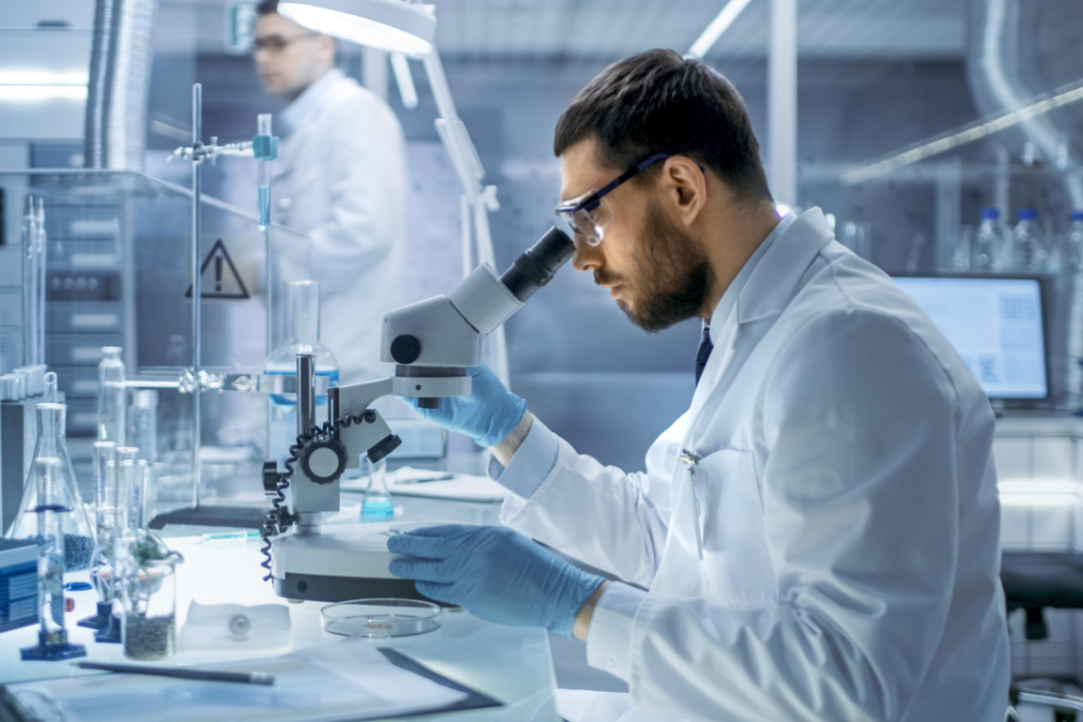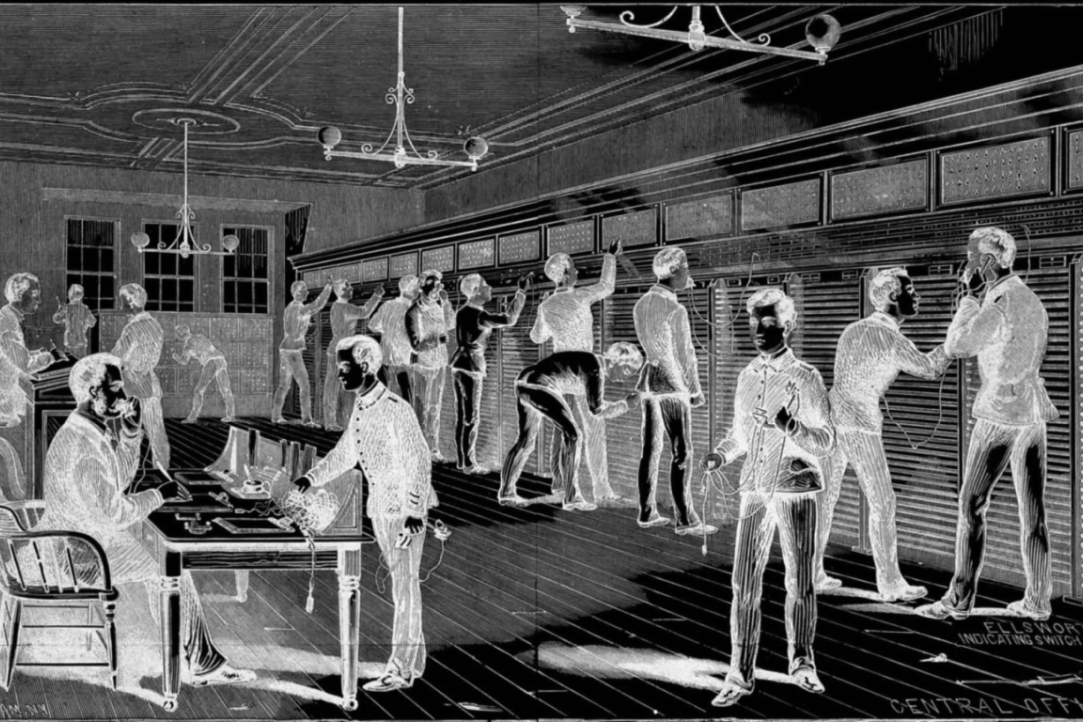
Plurilingualism Compensates for Low Extraversion in Nurturing Creative Skills
Researchers at the HSE Laboratory for Linguistic, Intercultural, and Creative Competencies have examined the role of the Big Five personality traits in moderating the development of creativity among individuals who use multiple languages and have intercultural experiences. It has been found that acquiring multiple languages and engaging with diverse cultures can enhance an individual's creativity and compensate for some deficiencies in communicative abilities. That said, language practices are likely to foster creativity only in mentally stable individuals. The paper has been published in the International Journal of Bilingual Education and Bilingualism.

HSE University Students Win in the AIJ Science Competition at AI Journey 2023
The International Sber Conference of Artificial Intelligence, ‘AI Journey 2023’ recently took place in Moscow. Alexander Rogachev, doctoral student of the HSE Faculty of Computer Science, and Egor Egorov, an HSE 4th-year undergraduate student became the winners of the AIJ Science competition for scientific articles on artificial intelligence that was held as part of the event. The research was carried out under the umbrella of the HSE's Laboratory of Methods for Big Data Analysis (LAMBDA).

Games Facilitate Stroke Patients' Recovery
An international group of scientists including researchers from HSE University has proposed a novel approach to rehabilitating patients with motor disorders. According to the researchers, more effective recovery can be achieved by granting patients the freedom to choose their movements and providing an appropriate system of rewards for engaging in the prescribed exercises. The opinion paper has been published in Neurorehabilitation and Neural Repair.

Measuring Pitch Frequency Can Help Train AI to Accurately Recognise Emotions
A new algorithm that enables precise measurement of the pitch frequency of a speech signal, a crucial parameter for identifying emotions and diagnosing illnesses, has been introduced by researchers at HSE Campus in Nizhny Novgorod. This method can operate in a noisy environment, in real time and with fewer computing resources than any currently existing analogues. The results of the study have been published in the Journal of Communications Technology and Electronics.

Microlasers with Quantum Dots Remain Functional at Elevated Temperatures
Researchers from the HSE International Laboratory of Quantum Optoelectronics in St Petersburg have explored the impact of resonator size on the operating temperature of a microdisk laser with quantum dots in a two-level generation mode. Their findings reveal that microlasers can produce radiation across multiple frequencies, even under elevated temperatures. In the future, this breakthrough will enable the integration of microlasers into photonic circuits, potentially doubling information transmission capabilities. The study findings have been published in Nanomaterials.
.jpg)
HSE Researchers Study Emerging Adulthood in Russia
Sociology today distinguishes more developmental stages of growing up than just childhood, adolescence, and early adulthood, as commemorated in Leo Tolstoy’s trilogy Childhood, Boyhood, Youth. For the past two decades, sociologists have been exploring the concept of emerging adulthood, a transitional stage that occurs between adolescence and early adulthood. Researchers at the HSE Institute of Education have discovered that in Russia, one out of every two young respondents, with females more frequently than males, falls within the emerging adult category. The study findings have been published in Emerging Adulthood.

Card Index: 'Success and Self-Sustainability of the Individual in a Changing World'
To achieve success and well-being, a modern person needs to keep up with ongoing social, economic, technological and cultural changes. However, in order to adapt to these, you need to be competent, healthy and active, develop cognitive abilities, acquire new skills and maintain friendships. All of this can expand people’s capabilities, revealing their potential. The HSE's unique multidisciplinary strategic project 'Success and Self-Sustainability of the Individual in a Changing World', which brings together educators, sociologists, psychologists, economists, biologists, physicians and digital technology specialists, helps to solve some of these tasks. Working together, they have managed to create a navigation system to improve human achievements for the benefit of the whole of society.

Scientists Have Developed a Model of Malignant Prostate Tumour and Used It to Test Drug Efficacy
Researchers from HSE University and the Russian Ministry of Health National Medical Research Radiological Centre have successfully generated a three-dimensional laboratory model of prostate cancer and used the model for testing an anti-tumour drug. In the future, this approach has the potential to significantly enhance the efficacy of cancer treatment for patients. The study’s findings have been published in Cancer Urology.

The Brain Is a Network of Networks. Scientists Have Found a Way to Unravel Them
A team of researchers from HSE University and the Artificial Intelligence Research Institute (AIRI) have demonstrated the effectiveness of the PSIICOS method they had previously developed for non-invasive mapping the neural networks in the brain based on its electrical activity. Unlike other methods, it does not search for individual neuronal sources to be then combined into networks but instead looks directly for the functional networks of interconnected neuronal populations—and does so swiftly and accurately. The study findings have been published in NeuroImage.

How the Telephone Conquered the World. Episode Four: David the Start-up Versus the Corporate Goliath
The history of the invention of telephony reads like a captivating detective novel, but even more intriguing are the events that contributed to the worldwide adoption of this technology. In this series of columns on IQ.HSE, Anton Basov, HSE Faculty of Computer Science editor, discusses how telephones have become an integral part of our everyday life. The fourth episode of the series recounts the story of the fledgling start-up's confrontation with hordes of patent trolls and its subsequent victory in a full-blown corporate war against the largest telecommunications company of the late 19th century.


Deadline for applications to present academic reports - January 20, 2025